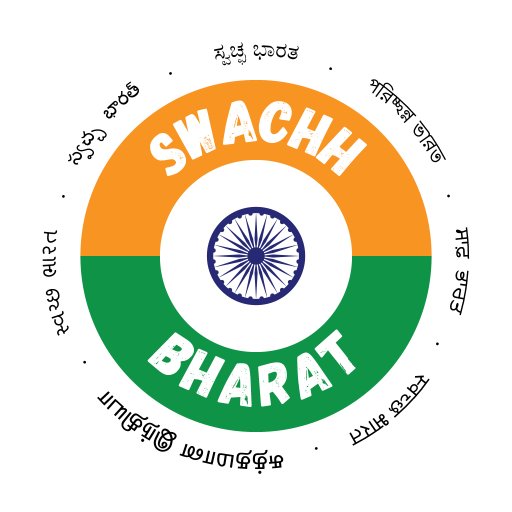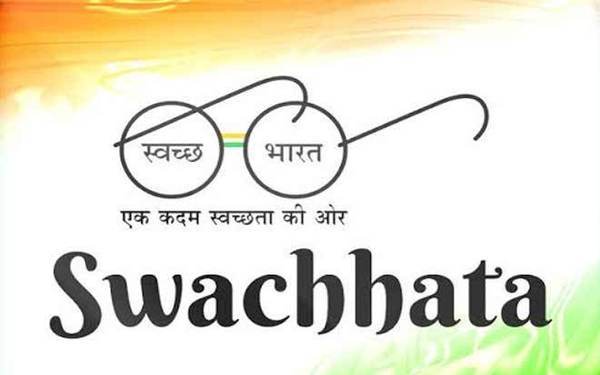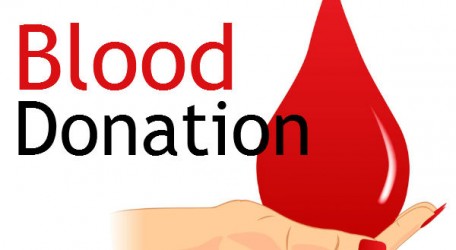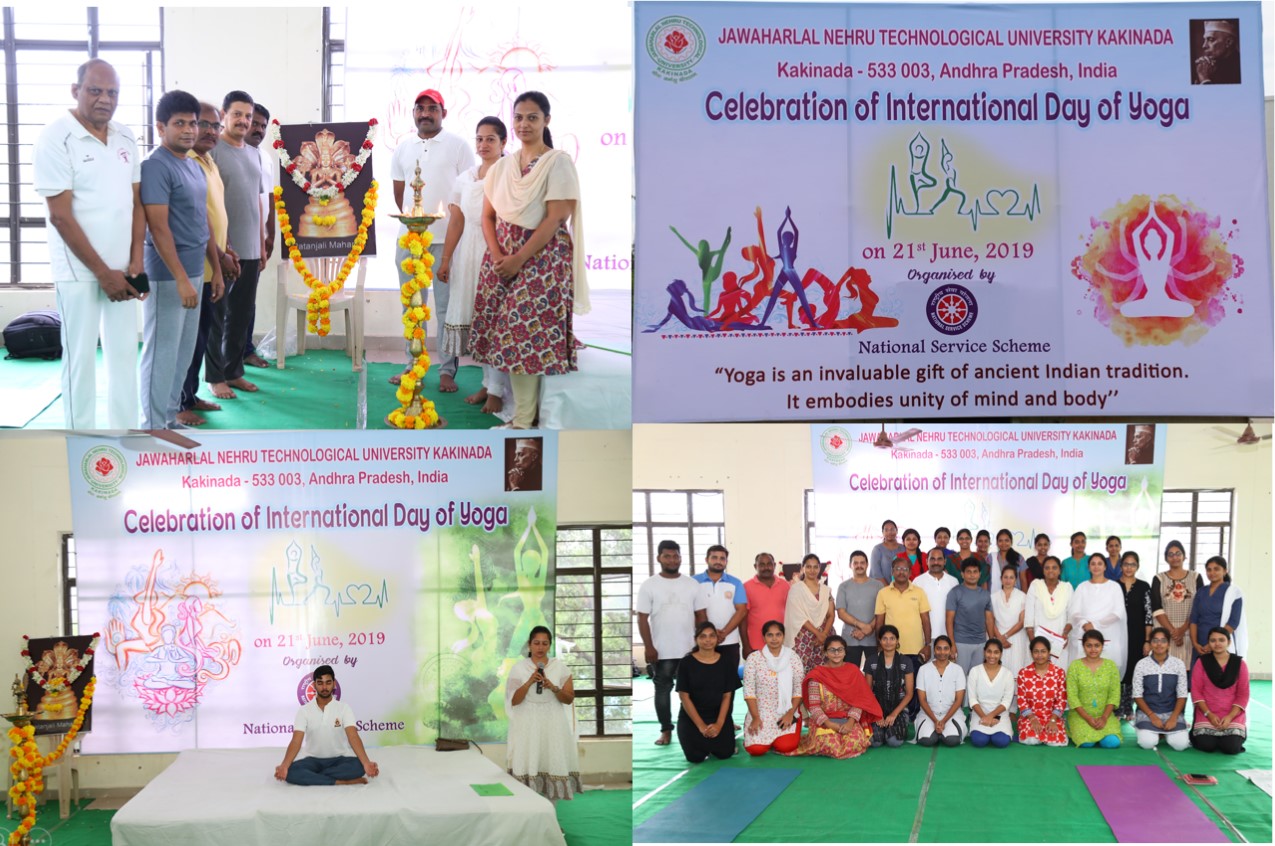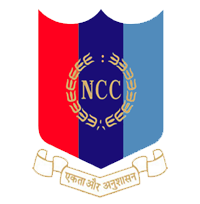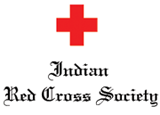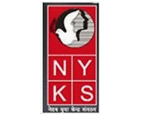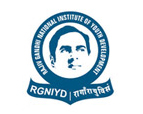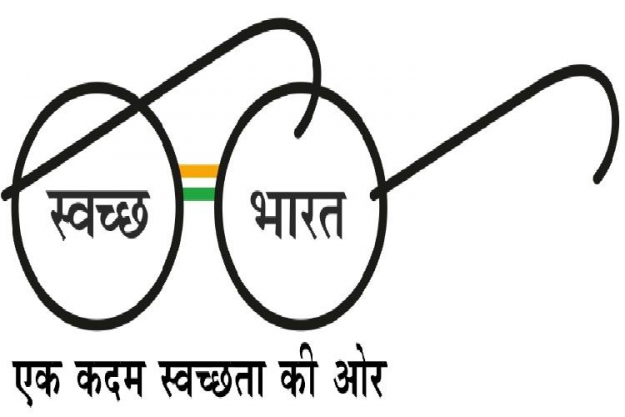Welcome to National Service Scheme @ JNTUK
The National Service Scheme (NSS) is an Indian government-sponsored public service program conducted by the Ministry of Youth Affairs and Sports of the Government of India. Popularly known as NSS, the scheme was launched in Gandhiji's Centenary year in 1969. Aimed at developing student's personality through community service, NSS is a voluntary association of young people in Colleges, Universities and at +2 level working for a campus-community linkage
The programme aims to instill the idea of social welfare in students, and to provide service to society without bias. NSS volunteers work to ensure that everyone who is needy gets help to enhance their standard of living and lead a life of dignity. In doing so, volunteers learn from people in villages how to lead a good life despite a scarcity of resources. It also provides help in natural and man-made disasters by providing food, clothing and first aid to the disaster's victims.
At national level, Ministry of Youth Affairs and Sports of India is the nodal authority, which works with state-level NSS cells. State-level NSS cells are responsibility of the respective state governments. Within states, each university has University level NSS cell under which institutions (schools and colleges) based NSS units operate. Most government and government-aided institutions have volunteer NSS units. Institutions are encouraged to have NSS volunteers. A unit typically comprises 100 students. They are managed internally by a responsible party from the school or college, who reports to the regional NSS coordinator.
The symbol for the NSS has been based on the giant Rath Wheel of the world-famous Konark Sun Temple (The Black Pagoda) situated in Odisha, India. The wheel portrays the cycle of creation, preservation and release. It signifies the movement in life across time and space, the symbol thus stands for continuity as well as change and implies the continuous striving of NSS for social change. The eight bars in the wheel represents 24 hours of a day. The red colour indicates that the volunteer is full of young blood that is lively, active, energetic and full of high spirit. The navy blue colour indicates the cosmos of which the NSS is tiny part, ready to contribute its share for the welfare of the mankind. It stands for continuity as well as change and implies the continuous striving of NSS for social transformation and uplift.
There are two types of NSS activities: Regular Activities(120 hours) and Annual Special Camp(120 hours). All the NSS Volunteers who have served NSS for at least 2 years and have performed 240 hours of work under NSS are entitled to a certificate from the university under the signature of the Vice-Chancellor and the Programme Coordinator.In some institutions volunteers are involved in regular blood donation and traffic control (regulating queues in temples and preventing stampedes at functions). National conferences are held regularly to conduct white-paper and project presentations.
Latest News/Events
- 2024-08-28West Zone NSS Pre - Republic Day Parade Camp-2024 Selection and deputation of NSS Volunteers – Guide
- 2024-08-27Selection of NSS Volunteers for MY Bharat Training
- 2024-06-26JNTUK - NSS Cell- Call for nominations for National Level NSS Awards Call for Nominations - For the
Read more
Notifications
- 2024-08-28West Zone NSS Pre - Republic Day Parade Camp-2024 Selection and deputation of NSS Volunteers – Guide
- 2024-08-27Selection of NSS Volunteers for MY Bharat Training
- 2024-06-26JNTUK - NSS Cell- Call for nominations for National Level NSS Awards Call for Nominations - For the
JNTUK NSS Team

Prof. CSRK Prasad
Vice-Chancellor

Dr.Ravindranath Vandrangi
Registrar

Sri. M. Ramakrishna
Regional Director, NSS

Dr. P. Ashok Reddy
State NSS Officer, AP

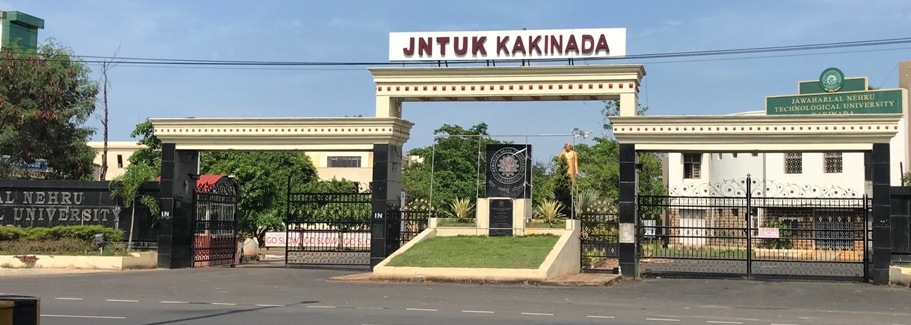 JNTUK
JNTUK










